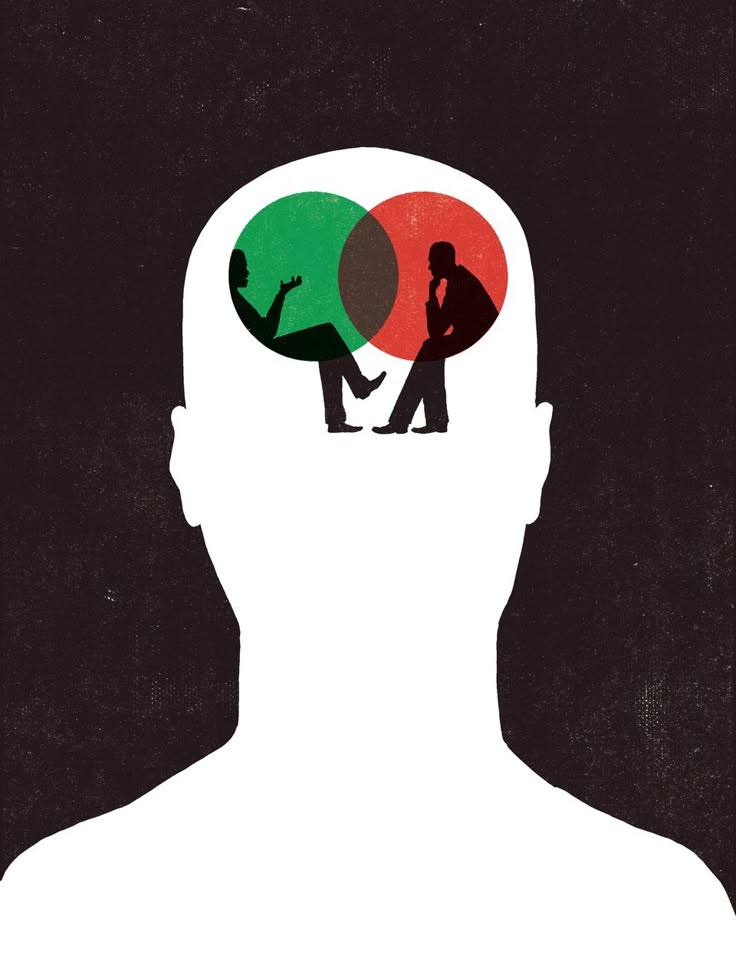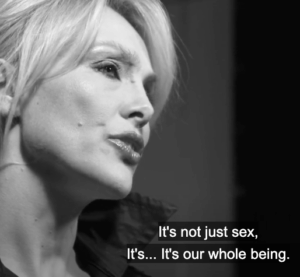Have you ever caught yourself talking to yourself? Rehearsing a conversation in your mind, berating yourself for a bad response, or mentally debating with a colleague who, of course, can’t hear you? For many, this internal chatter feels natural. But what if you don’t have an “inner radio”? Research shows that not everyone lives with this constant dialogue. How does it affect their thinking, perception, and decision-making? Let’s dive in and see.
Anendophasia: What Is It and Why Does It Matter?
Until recently, it was widely believed that having an inner voice was universal. How could you possibly exist without that familiar dialogue with yourself? However, scientists from the University of Wisconsin-Madison made a surprising discovery: not everyone has this inner voice. They coined the term anendophasia to describe the partial or complete absence of internal speech.
Instead of “talking” to themselves, those with anendophasia process information through images, sensations, or abstract concepts. Some even say their thoughts resemble a stream of intuitive understanding, but without words.
For these individuals, the typical “What if…?” scenario looks more like visual images or abstract concepts. They don’t need to “talk” to themselves to process a task. It’s not that they don’t think—it’s just that their thinking works differently.
Imagine you need to decide what to wear to a meeting. A person with internal speech might think, “Okay, tomorrow’s an important event—maybe I’ll wear that blue jacket? No, too formal…” A person without an inner voice simply envisions themselves in the outfit and evaluates comfort and appropriateness based on feelings.
How It Affects Everyday Life
Let’s look at two people—Marina and Oleg. Marina always assumed that everyone “talks” to themselves in their heads, until she stumbled upon an online discussion. Oleg, on the other hand, never quite understood what that meant because his thoughts don’t form into words.
Marina uses her inner speech to make decisions—she might mentally rehearse what to say before an important call, write a letter in her head, or argue with herself. Oleg, however, works differently—he immediately imagines different scenarios unfolding, like playing a movie in his mind. Both approaches work; they’re just different.
Research shows that anendophasia can affect memory, attention, and even decision-making speed. For example, people without internal speech may struggle with rhyming tasks. They find it harder to retain verbal information but often compensate with other strategies.
Now, imagine you need to remember a shopping list. People with an inner voice repeat it mentally: “Milk, eggs, bread…” But what do those without a voice do? They mentally picture themselves in the store, seeing the shelves with the items they need or even feeling the smell of fresh bread. Creative, right?
The Pros and Cons of Living Without an Inner Voice
Pros:
- A more holistic perception of information.
- Less mental chatter, fewer distractions.
- Less tendency towards self-criticism and anxious thoughts.
- Quick decision-making without getting “stuck” on words.
Cons:
- Difficulty learning languages, as there’s no internal repetition of words.
- Struggles to retain verbal information.
- Potential difficulty expressing thoughts in words.
How to Test if You Have an Inner Voice
Try this now: think about what you had for breakfast. If the answer comes to you in words (“I had an omelet with coffee”), you’ve got an inner voice. If you see a picture of your breakfast or just “understand” the answer without words, then your mind might be working differently.
Can You “Turn On” an Inner Voice If You Don’t Have One?
Some people with anendophasia have noted that, over time, they’ve learned to consciously formulate their thoughts into words. This is especially noticeable in those who practice writing or public speaking. However, for most, it’s not a necessity—their way of thinking is simply different.
The Inner Voice Is Not a Necessary Part of Thinking
If you have an inner voice, you might imagine what it would be like to live without it. But if you don’t, there’s no need to worry—your brain is doing just fine without it. The key is understanding the unique ways in which your mind works and using those strengths to your advantage.
If you’re curious about how your mind works, how to better understand yourself, or how to enhance your cognitive abilities, come to a consultation. Let’s figure out together how you think! After all, understanding how you think is the key to living more consciously. Contact me, if you want to learn more about yourself.




